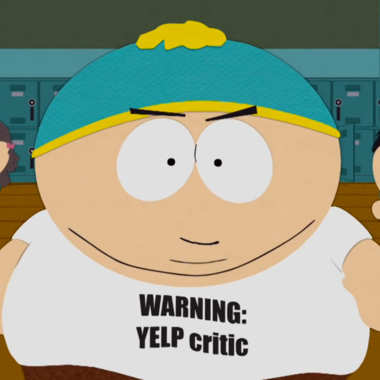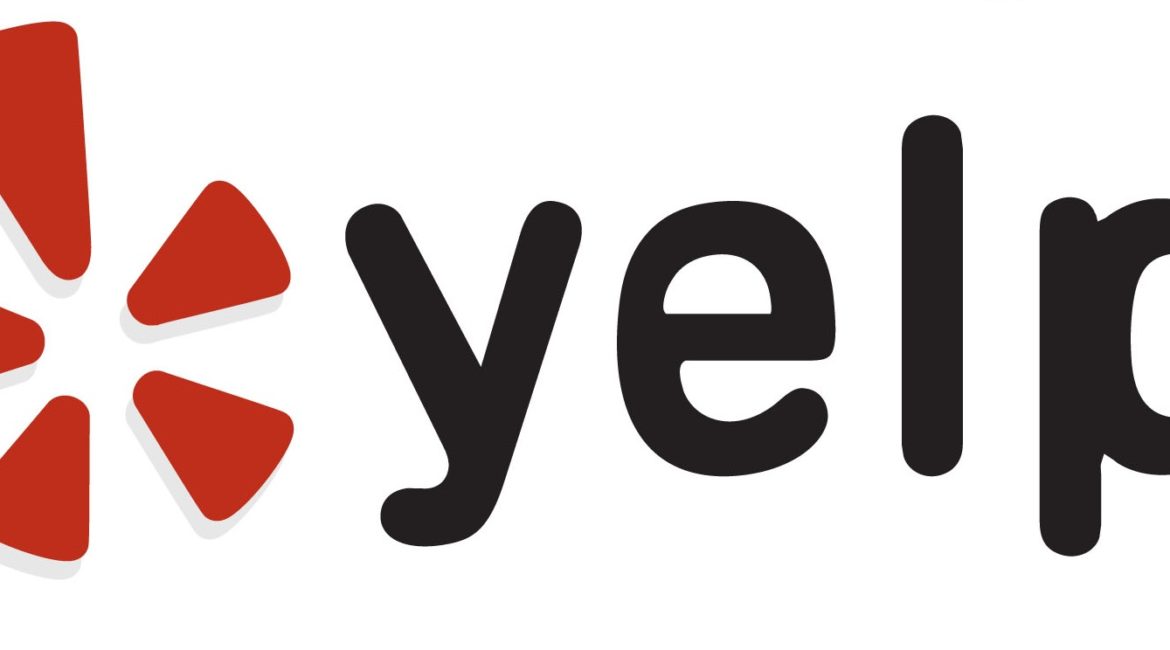[cs_content][cs_section parallax=”false” separator_top_type=”none” separator_top_height=”50px” separator_top_angle_point=”50″ separator_bottom_type=”none” separator_bottom_height=”50px” separator_bottom_angle_point=”50″ style=”margin: 0px;padding: 45px 0px;”][cs_row inner_container=”true” marginless_columns=”false” style=”margin: 0px auto;padding: 0px;”][cs_column fade=”false” fade_animation=”in” fade_animation_offset=”45px” fade_duration=”750″ type=”1/1″ style=”padding: 0px;”][x_image type=”none” src=”https://www.dwrl.utexas.edu/wp-content/uploads/2017/02/yelp-logo-vector.jpg” alt=”Yelp logo” link=”false” href=”#” title=”” target=”” info=”none” info_place=”top” info_trigger=”hover” info_content=””][cs_text]We all did it. We all used Yelp. If you want to find out, if this Italian restaurant is in fact a good choice for Valentine’s day, Yelp has an answer. Or if you are in a new city and don’t really know which bar or coffee shop to go to, Yelp knows! Or even when you are looking for a hotel or dentist in another country, Yelp reviewers have already been there and offer advice. Today, Yelp has become one of the most important websites on the internet with over 165 million monthly visitors and over 95 million reviews worldwide.[/cs_text][cs_text]In 2004, the two former PayPal employees, Jeremy Stoppelman and Russel Simmons, founded Yelp upon the initial idea to publish answers to email questions asking for recommendations. But after this idea failed, they decided to publish reviews without a previous question. This was the idea for great success.[/cs_text][cs_text class=”cs-ta-center”]Check out this interview of Jeremy Stoppelman about the beginnings of Yelp:[/cs_text][x_video_player type=”16:9″ src=”https://www.youtube.com/watch?v=Yvoe6HAvgNg” hide_controls=”false” autoplay=”false” no_container=”false” preload=”none” advanced_controls=”false” muted=”false” loop=”false” poster=””][cs_text]Quickly growing beyond the limits of its San Francisco base, Yelp rejected offers by Google and Yahoo up to $1 billion and expanded to Europe in 2009, to Australia in 2011, and to Asia in 2012. Today, Yelp has a revenue of $550 million and 4,050 employers.[/cs_text][cs_text]The founders wanted to offer with Yelp “help” just like the “Yellowpages of the 21st century.” Yelp helps us navigate virtually on the marketplace. But, from the perspective of digital rhetoric, what kind of communication does it facilitate? Which kind does it hinder or block?[/cs_text][cs_text]For us costumers, it offers a great first orientation. But how trustful are these results, if anyone can just review anything? Yelp’s “filter algorithm” makes sure to exclude reviews which seems “suspicious.” Recent studies found that these are about 20% of all reviews.[/cs_text][cs_text class=”cs-ta-left”]However, there are 7 tips on how to keep yelp reviews from getting filtered out. And if you are a role-model Yelper by providing many “well-written reviews, high quality tips, a detailed personal profile, an active voting and complimenting record, and a history of playing off well with others,” you might even become one of “Yelp’s Elite Squad.”



